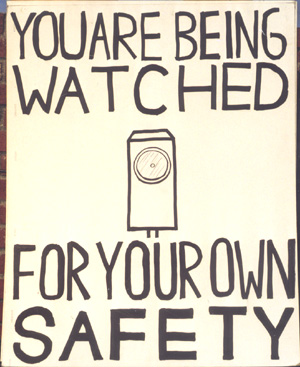peter d
Senior Member
- Location
- New England
Yeah exactly, it comes down to dollars and cents and when there is a choice the crap will always win out because we can make more money. What I'm saying is ban the crap and eliminate the choice. If the owner or GC has to pay more too bad. As it is we have the added expense of providing AFCI which does nothing. At least this will add some degree of safety.
-Hal
I am adamantly opposed to that for one simple reason. I'm completely against any rules in the NEC that only fatten the manufacturers bottom line. That also opens up a total can of worms. Once they start making rules like that there is no end to it. They'll come up with stuff l like requiring that you must replace circuit breakers every 10 years. Or a total rewire after 30 years....etc. I don't trust the NEC in this regard.

